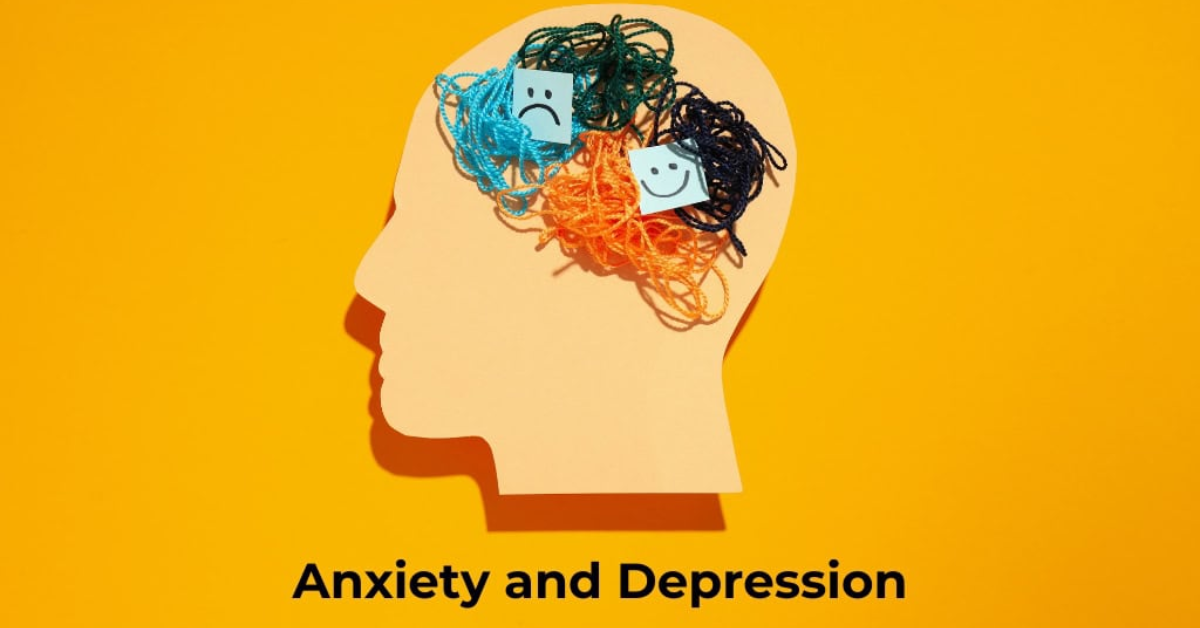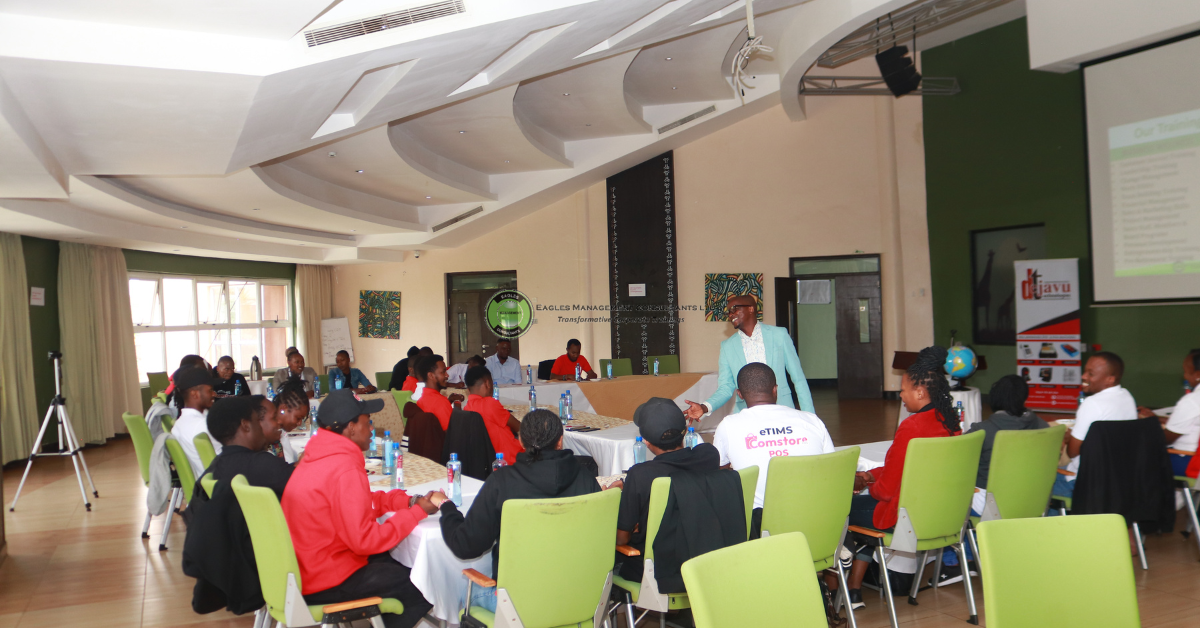Anxiety and depression in Kenyan youth are rising issues that affect education, relationships, and future opportunities. Many young people struggle in silence without proper guidance. Understanding signs, resources, and coping strategies is vital for a healthier generation. At www.eaglesconsultants.com, young people and families can find support and practical solutions.
Understanding Anxiety and Depression in Youth.
Mental health challenges often begin during teenage years. Stress from exams, unemployment, and peer pressure can trigger emotional struggles. When untreated, anxiety and depression may lead to low productivity, substance abuse, or even self-harm. Raising awareness is the first step toward early intervention.
Common Signs for Anxiety and Depression in Kenyan Youth.
Recognizing early signs helps in offering timely help. Some common symptoms include:
- Sudden withdrawal from friends and family.
- Loss of interest in hobbies or school activities.
- Constant feelings of sadness or hopelessness.
- Irritability and unexplained anger.
- Difficulty sleeping or oversleeping.
- Declining academic performance.
If these signs appear consistently, it is important to seek help immediately.
Resources Available for Kenyan Youth.
Kenya has growing mental health resources for young people. Parents, schools, and communities can access counseling and training programs. Professional support is available through:
- Eagles Consultants Kenya – offering coaching, mentorship, and counseling services at www.eaglesconsultants.com.
- Local hospitals and clinics – many provide psychiatric and psychological services.
- Youth support groups – safe spaces where young people share experiences and learn coping skills.
- Helplines – toll-free numbers in Kenya for urgent emotional assistance.
Coping Strategies for Young People.
Coping with anxiety and depression requires consistent effort. Young people can try the following strategies:
- Open communication – talk to a trusted person about your struggles.
- Healthy lifestyle choices – exercise, eat balanced meals, and avoid drugs or alcohol.
- Mindfulness and relaxation – practice deep breathing, meditation, or journaling.
- Time management – organize school or work tasks to reduce stress.
- Seeking professional support – therapists and counselors provide effective guidance.
These strategies can significantly improve mental health when applied consistently.
The Role of Parents and Communities.
Parents and guardians play a central role in supporting youth. Listening without judgment creates a safe space for open discussions. Schools and communities must also organize mental health programs to educate and reduce stigma. Collective effort ensures youth feel valued and supported.
Breaking the Stigma.
Stigma remains a major barrier in Kenya. Many avoid seeking help because of fear of judgment. By spreading awareness, sharing real-life experiences, and promoting counseling, society can encourage healing. Mental health should be viewed as important as physical health.
Finally, Anxiety and depression in Kenyan youth demand urgent attention. With early recognition, the right resources, and effective coping strategies, young people can thrive. Visit www.eaglesconsultants.com today for guidance, counseling, and practical solutions tailored to youth and families. Supporting mental health is an investment in Kenya’s future.



